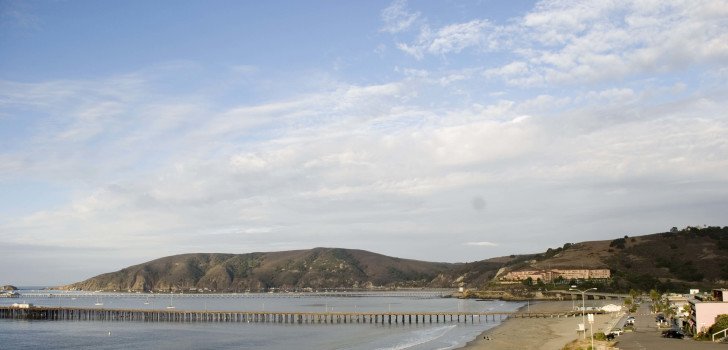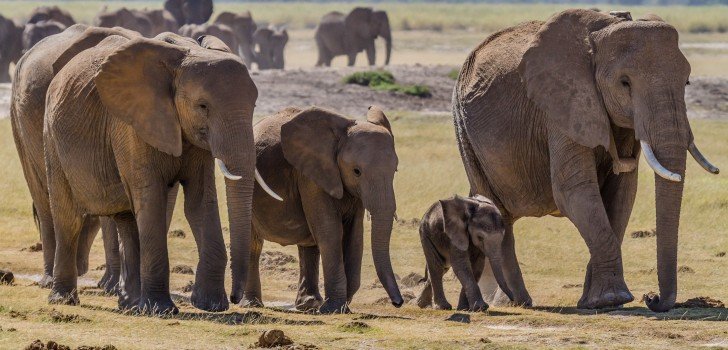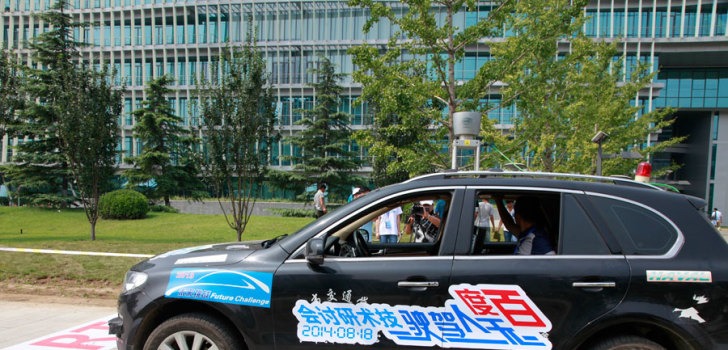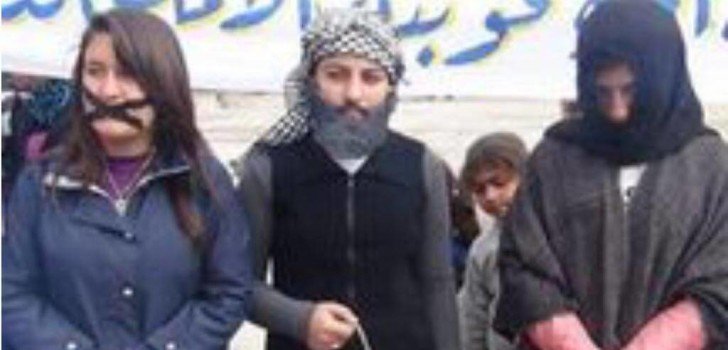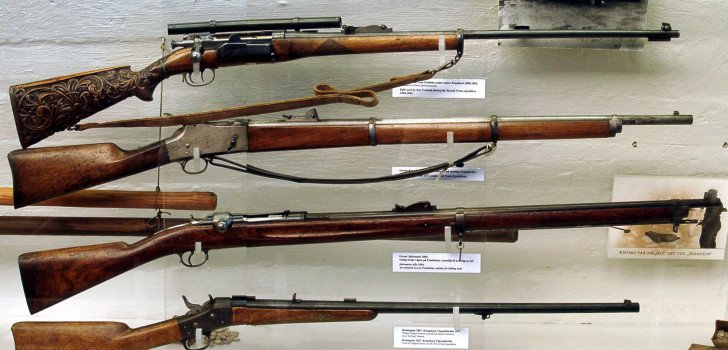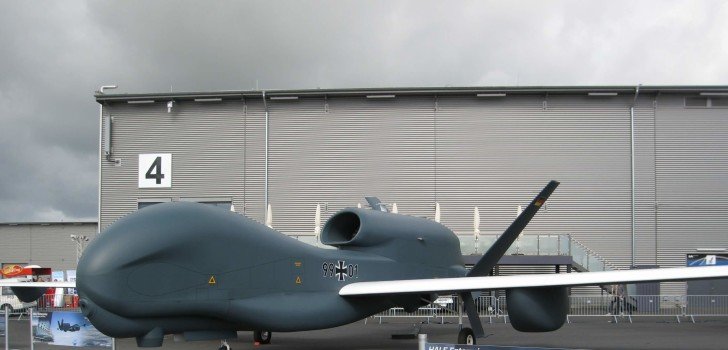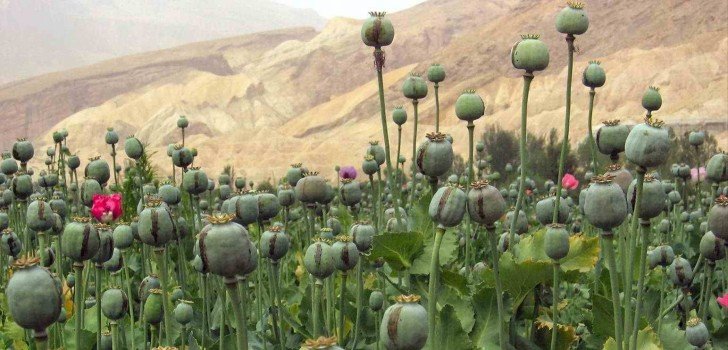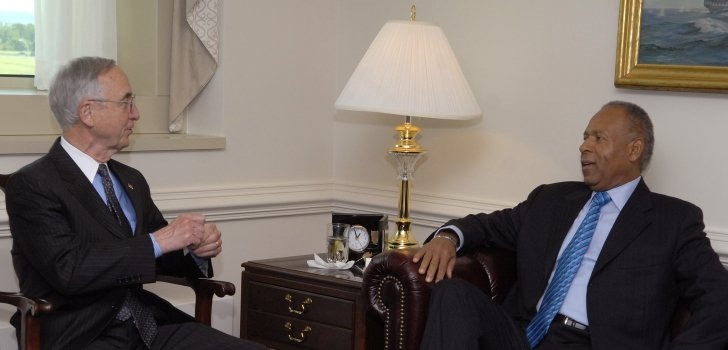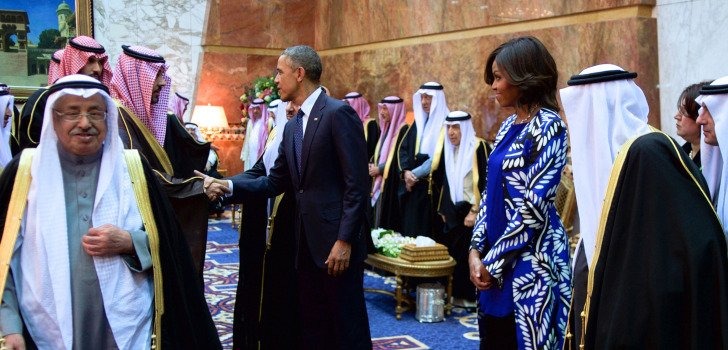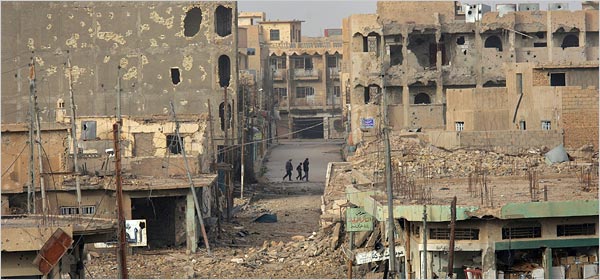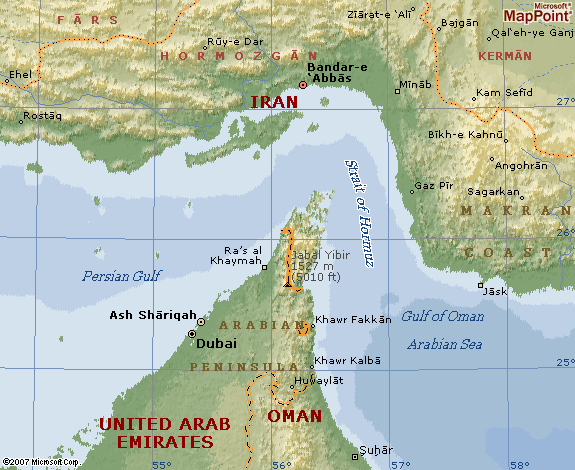It’s little wonder Washington never changes when you look at how long elected officials stay in office. New data from site RollCall.com shows fully 79 members of Congress have been there since the early 90s.
Worse is that much of this dead wood is now seriously powerful, helping shape our country for decades to come, despite being out of touch with working Americans. Names like Reid, Feinstein, McConnell, McCain, Pelosi, Boehner, Rangel and Boxer show just how bad the situation has become.
While they no doubt believe that they are “serving” us well, they appear to be mostly just serving themselves. Given congress has a 15 percent approval rating it appears without a doubt most Americans wish for true change to come to Washington.
The problem isn’t new, either, as the approval rating has been consistently below 20 percent since mid-2011.
Yet while the overwhelming majority of Americans disapprove of congress, incumbents were re-elected at a 95 percent rate in 2014, showing just how broken and corrupt our system has become.
The American people absolutely hate what congress is doing, and yet the same crooks keep getting sent back to Washington time and again.
Our founding fathers never intended for service in congress to become a career, but that is precisely what it has become. In addition to the 79 members of congress that have been in office over 20 years, and there are 16 members that have been in office over 30 years.
So remember these names the next time you get the opportunity to tell congress how you feel.
Orrin G. Hatch, Utah Jan. 4, 1977
Thad Cochran, Miss. Dec. 27, 1978
Charles E. Grassley, Iowa Jan. 5, 1981
Mitch McConnell, Ky. Jan. 3, 1985
Richard C. Shelby, Ala. Jan. 6, 1987
John McCain, Ariz. Jan. 6, 1987
James M. Inhofe, Okla. Nov. 30, 1994
Patrick J. Leahy, Vt. Jan. 14, 1975
Barbara A. Mikulski, Md. Jan. 6, 1987
Harry Reid, Nev. Jan. 6, 1987
Dianne Feinstein, Calif. Nov. 4, 1992
Barbara Boxer, Calif. Jan. 5, 1993
Patty Murray, Wash. Jan. 5, 1993
Don Young, Alaska March 6, 1973
Jim Sensenbrenner, Wis. Jan. 15, 1979
Harold Rogers, Ky. Jan. 5, 1981
Christopher H. Smith, N.J. Jan. 5, 1981
Joe L. Barton, Texas Jan. 3, 1985
Lamar Smith, Texas Jan. 6, 1987
Fred Upton, Mich. Jan. 6, 1987
John J. Duncan Jr., Tenn. Nov. 8, 1988
Dana Rohrabacher, Calif. Jan. 3, 1989
Ileana Ros-Lehtinen, Fla. Aug. 29, 1989
John A. Boehner, Ohio Jan. 3, 1991
Sam Johnson, Texas May 18, 1991
Ken Calvert, Calif. Jan. 5, 1993
Robert W. Goodlatte, Va. Jan. 5, 1993
Peter T. King, N.Y. Jan. 5, 1993
John L. Mica, Fla. Jan. 5, 1993
Ed Royce, Calif. Jan. 5, 1993
Frank D. Lucas, Okla. May 10, 1994
Rodney Frelinghuysen, N.J. Jan. 4, 1995
Walter B. Jones, N.C. Jan. 4, 1995
Frank A. LoBiondo, N.J. Jan. 4, 1995
Mac Thornberry, Texas Jan. 4, 1995
Edward Whitfield, Ky. Jan. 4, 1995
John Conyers Jr., Mich. Jan. 4, 1965
Charles B. Rangel, N.Y. Jan. 21, 1971
Steny H. Hoyer, Md. May 19, 1981
Marcy Kaptur, Ohio Jan. 3, 1983
Sander M. Levin, Mich. Jan. 3, 1983
Peter J. Visclosky, Ind. Jan. 3, 1985
Peter A. DeFazio, Ore. Jan. 6, 1987
John Lewis, Ga. Jan. 6, 1987
Louise M. Slaughter, N.Y. Jan. 6, 1987
Nancy Pelosi, Calif. June 2, 1987
Frank Pallone Jr., N.J. Nov. 8, 1988
Eliot L. Engel, N.Y. Jan. 3, 1989
Nita M. Lowey, N.Y. Jan. 3, 1989
Jim McDermott, Wash. Jan. 3, 1989
Richard E. Neal, Mass. Jan. 3, 1989
José E. Serrano, N.Y. March 20, 1990
David E. Price, N.C. Jan. 7, 1997 Also served 1987-95
Rosa DeLauro, Conn. Jan. 3, 1991
Collin C. Peterson, Minn. Jan. 3, 1991
Maxine Waters, Calif. Jan. 3, 1991
Jerrold Nadler, N.Y. Nov. 3, 1992
Jim Cooper, Tenn. Jan. 7, 2003 Also served 1983-95
Xavier Becerra, Calif. Jan. 5, 1993
Sanford D. Bishop Jr., Ga. Jan. 5, 1993
Corrine Brown, Fla. Jan. 5, 1993
James E. Clyburn, S.C. Jan. 5, 1993
Anna G. Eshoo, Calif. Jan. 5, 1993
Gene Green, Texas Jan. 5, 1993
Luis V. Gutierrez, Ill. Jan. 5, 1993
Alcee L. Hastings, Fla. Jan. 5, 1993
Eddie Bernice Johnson, Texas Jan. 5, 1993
Carolyn B. Maloney, N.Y. Jan. 5, 1993
Lucille Roybal-Allard, Calif. Jan. 5, 1993
Bobby L. Rush, Ill. Jan. 5, 1993
Robert C. Scott, Va. Jan. 5, 1993
Nydia M. Velázquez, N.Y. Jan. 5, 1993
Bennie Thompson, Miss. April 13, 1993
Sam Farr, Calif. June 8, 1993
Lloyd Doggett, Texas Jan. 4, 1995
Mike Doyle, Pa. Jan. 4, 1995
Chaka Fattah, Pa. Jan. 4, 1995
Sheila Jackson Lee, Texas Jan. 4, 1995
Zoe Lofgren, Calif. Jan. 4, 1995
